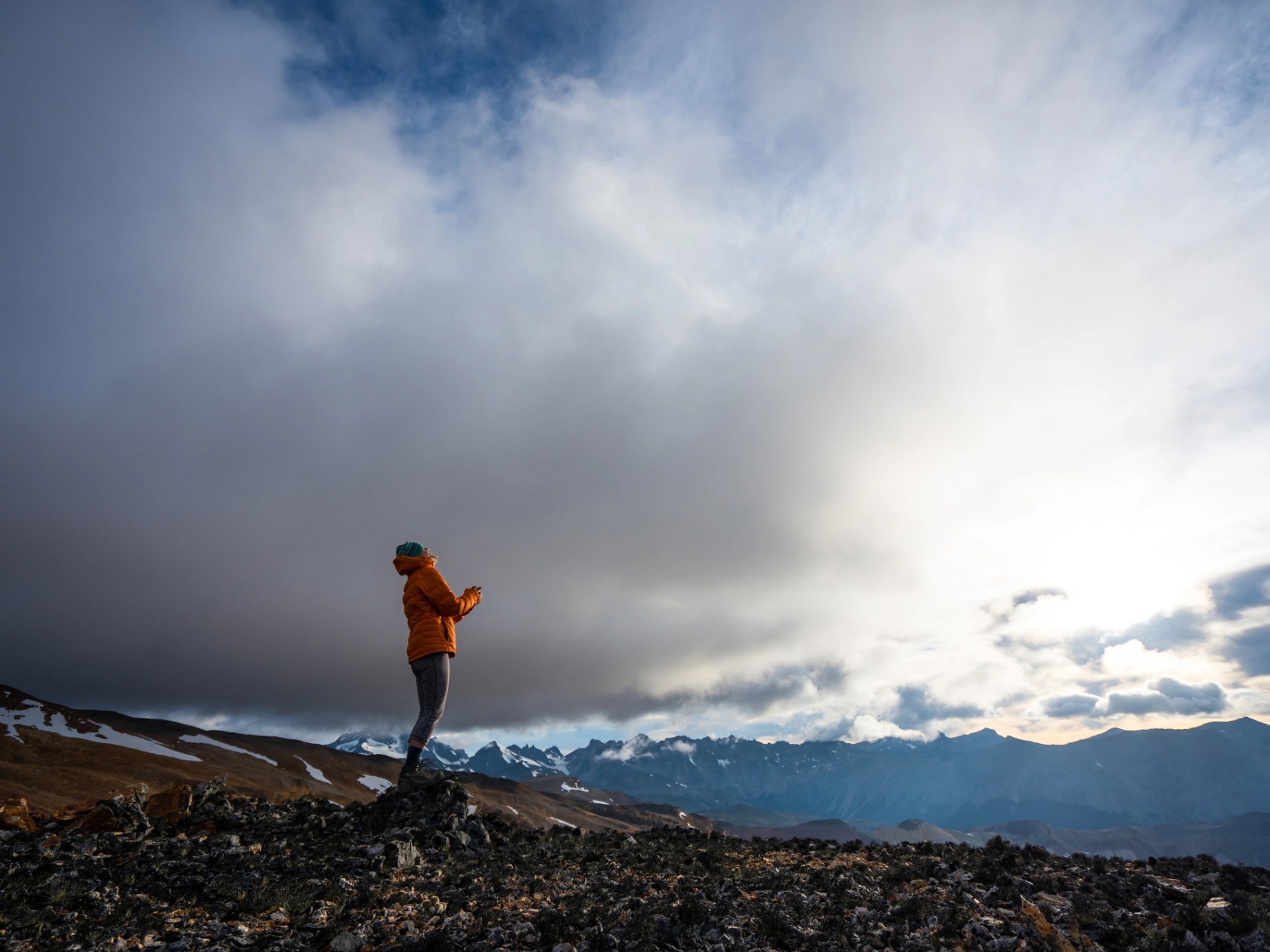
- Film
Docs: Stirring Love Story “Wild Life” Explores Capitalism’s Role in Conservation
Last year, Sara Dosa’s gorgeous and affecting Fire of Love filtered some of the beauty and danger of the natural world through the real-life romance of two pioneering volcanologists, Maurice and Katia Krafft. Wild Life, the latest nonfiction effort from award-winning married filmmakers Jimmy Chin and Elizabeth Chai Vasarhelyi, exists at a somewhat similar nexus, while also heartily surveying the realm of eco-sensitive capitalism and natural preservation more broadly.
The documentary, which enjoys a theatrical exhibition run for Earth Month throughout April and into May before landing on the National Geographic Channel and Disney+ later in the latter month, focuses on the life of conservationist Kris McDivitt Tompkins. In telling a tale of enormous personal ecological commitment against the backdrop of a decades-spanning love affair with husband and The North Face founder Doug Tompkins, Wild Life poignantly reinforces the notion that intertwined, positively reinforced business ethics and smart, targeted philanthropy can be harnessed for incredible societal good.
Born in 1950, Kris seems in some ways uniquely situated for the unlikely role into which she would grow. She was the daughter of an oil company executive, which afforded her international travel, but spent a large portion of her childhood on her great-grandfather’s California ranch, fostering an affection for nature.
After attending the College of Idaho, she reconnected with rock-climbing legend Yvon Chouinard, whom she had met as a teenager. Working with he and his wife Malinda, Kris became the first CEO of their company, Patagonia, and worked tirelessly to build the business into not only a sales leader in the outdoor apparel and accessories industry, but also a pioneer in corporate responsibility. In 1980, Patagonia would begin donating 10 percent of their profits to environmental causes; in 2022, Chouinard set up a trust and nonprofit organization to ensure that the entirety of its future profits are used to fund environmental causes.
At 43 years old, Kris retired from Patagonia, and married Doug. The pair then put both their combined experience and intelligence to use — dedicating themselves to attacking the climate and extinction crises via an aggressive campaign of “re-wilding,” or restoring natural ecological systems. Together, the pair would create a foundation and become one of the largest private land donors in the world, purchasing and preserving millions of acres in Chile and Argentina. When Doug died in a kayaking accident in 2015, it left Kris understandably shattered — but no less dedicated to their audacious shared mission.
Academy Award winners for 2018’s Free Solo, which detailed climber Alex Honnold’s ultra-risky ascent of El Capitan in Yosemite National Park, Chin and Vasarhelyi know a thing or two about using stunning vistas of the natural world to achieve and sustain emotional hold. With Wild Life, they accomplish that again. Breathtaking hiking footage and drone shots establish an immediate and lasting grip on viewers, giving the project an expansive canvas.
Shot over the course of five-plus years, the film includes interviews with mutual friends, like the aforementioned Chouinard and climber Rick Ridgeway, which provide a nicely fleshed-out context that extends the parameters of its love story. But Wild Life is also very much unapologetically that — an intimate snapshot in which Chin and Vasarhelyi leverage their close relationship with the movie’s chief subject to try to explore and tease out meaningful parallels in loyalty, love and obsession.
A lot of environmentally-oriented documentaries aim for higher-temperature advocacy, in an effort to plug into both the passion of its subject(s), and convert audience sympathies into action. But Wild Life exudes a rather serene consciousness (and conscience) about the well-being of planet Earth. In a cacophonous world, its top-line melody is softer — an appeal to wonderment rather than despair. Still, it inspires no small amount of deep introspection about the extracting of value from nature in service of creating vast personal wealth, instead of taking only minimally from our environment and aiming to preserve its abundance and variety.
For more information on the film, including theatrical playdates, visit https://films.nationalgeographic.com/wild-life.